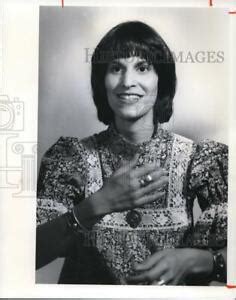A Quote by Virginia Postrel
The Internet ethos of diversity and competition runs exactly counter to uniform, gatekeeper-oriented medical culture - the technocratic philosophy of the 'one best way' embodied in our pharmaceutical regulations. On the Net, medical information is abundant, and pharmacies, domestic and foreign, operate on many different models.
Related Quotes
One strand of psychotherapy is certainly to help relieve suffering, which is a genuine medical concern. If someone is bleeding, you want to stop the bleeding. Another medical aspect is the treatment of chronic complaints that are disabling in some way. And many of our troubles are chronic. Life is chronic. So there is a reasonable, sensible, medical side to psychotherapy.
In our 'don't just sit there, do something' culture, when we get sick we are supposed to become characters in a heroic medical narrative that conceals the remorselessness of pathology, the intractable fact of human vulnerability, and the inevitable inadequacies of medicine. To many of the participants in the medical drama, aggressive treatment - even when it fails - represents a quasi-religious quest for immortality and meaning.
We live in a culture that's been hijacked by the management consultant ethos. We want everything boiled down to a Power Point slide. We want metrics and 'show me the numbers.' That runs counter to the immensely complex nature of so many social, economic and political problems. You cannot devise an algorithm to fix them.
Over the past two decades the pharmaceutical industry has moved very far from its original high purpose of discovering and producing useful new drugs. Now primarily a marketing machine to sell drugs of dubious benefit, this industry uses its wealth and power to co-opt every institution that might stand in its way, including the US Congress, the FDA, academic medical centers, and the medical profession itself.
The field of U.S. cancer care is organized around a medical monopoly that ensures a continuous flow of money to the pharmaceutical companies, medical technology firms, research institutes, and government agencies such as the Food and Drug Administration (FDA) and the National Cancer Institute (NCI) and quasi-public organizations such as the American Cancer Society (ACS).





































